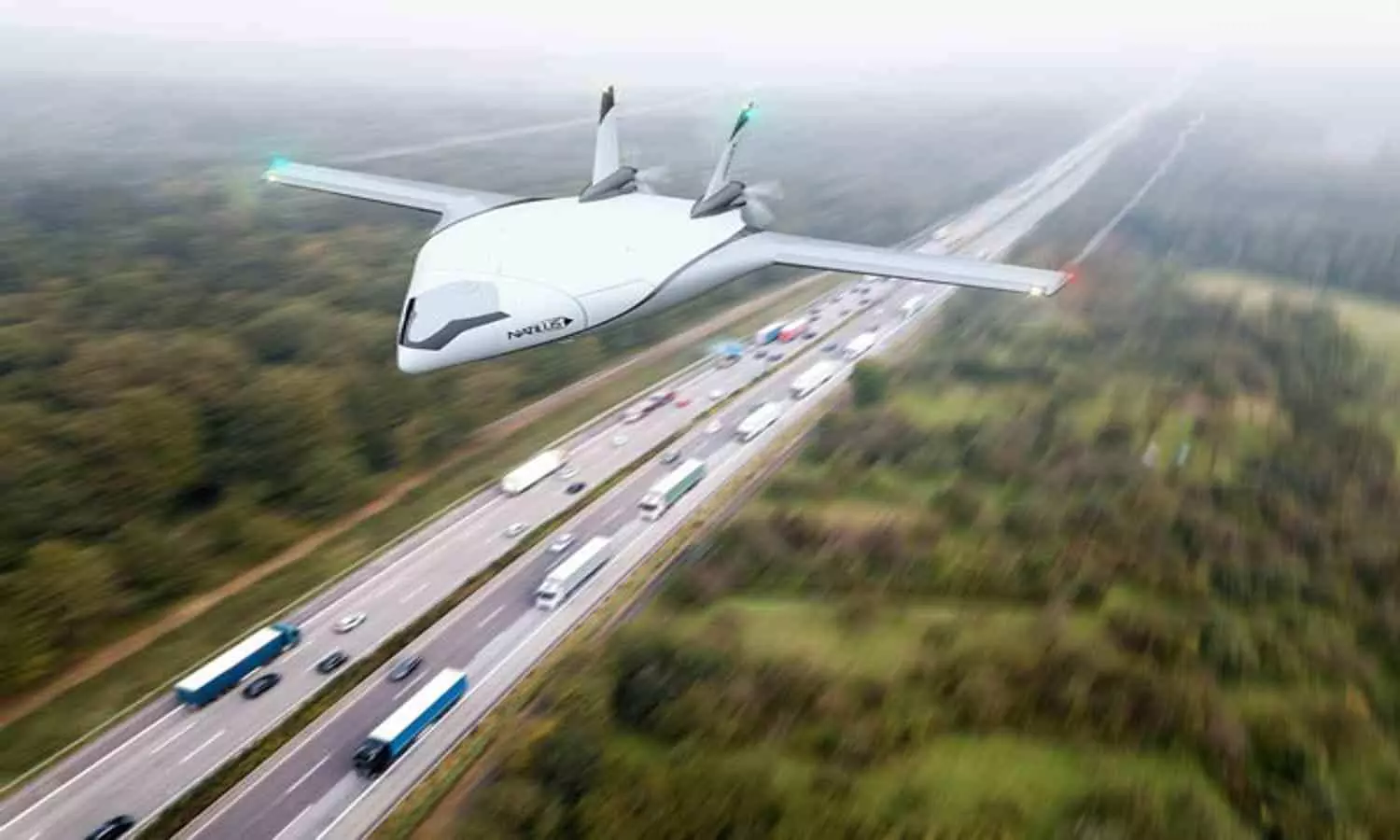Natilus targets Africa, Europe, Asia for intermodal modes of transport
In Africa, Europe, Asia, our new 3.8T autonomous aircraft will become an essential mode of rapid and safe transportation

Natilus-38T-Trucking
The U.S. based autonomous aircraft designing and manufacturing company Natilus announces its expansion to Brown Field in San Diego. The company will be hosting engineering and manufacturing facilities for the Natilus family of aircraft.
"As the design of the prototype aircraft nears completion, we are expanding the team and facilities to move into final assembly. Our tier one suppliers are excited about the new platform which will reduce carbon emissions, while increasing cargo volume," stated Aleksey Matyushev, co-founder and CEO of Natilus.
A 12,000-square-foot hangar at Brown Field is used for prototype final assembly, structural testing, system integration, and secondary structural bonding. There is also a huge 8,000-foot runway for testing, with the capability of landing large, enormous cargo planes. Natilus' engineering offices in downtown San Diego will benefit from the additional 1,500 square feet of office space.
With this news, the company also stated that its new aircraft will be soon entering into low-infrastructure areas such as Africa, Europe, and parts of Asia in the near future.
"On continents, such as Africa and parts of Asia, with limited infrastructure, our new 3.8T autonomous aircraft will become an essential mode of rapid and safe transportation."
Natilus focuses on the middle mile market and competes directly with truckers, railroads, and ocean freight, with trucking being the primary competitor. The first aircraft – the 3.8 ton payload short-haul feeder UAV – has begun manufacturing for first flight in 2023, says the official release. Natilus' first aircraft transports around 3.8 tonnes of goods in one to two hours within low-infrastructure areas.
"Africa is a good example as their infrastructure is weak. A trip by a vehicle may be cheaper to run per hour when comparing cash operating expenses values, but it may take two days for a truck to reach around 150 or 200 miles, whereas our aircraft can accomplish that trip in an hour. As a result, there is a movement toward intermodal transportation and the smaller product between trucks and our aircraft," said Matyushev.
On the long-haul delivery planes, Natilus directly competes on Trans Pacific routes and also from the United States to Europe and Asia pretty much anywhere with about 100 tonne cargo capacity.
"A ship takes roughly a month to get here (the U.S), and then it's held in port for three to four weeks. It's a fantastic moment because air freight is really taking off. It's all about time and money, and the market is continually changing. I believe what excites our clients is that e-commerce is booming, and no one wants to put ecommerce products on a ship that will take four weeks to arrive. As a result, we expect Natilus aircraft to assume a more prominent role in these intermodal modes," Matyushev continued.
Natilus inked a deal with Collins Aerospace last month to design, build, and integrate a custom loading system. Natilus also has plans for a 60-tonne payload medium/long-range UAV, a 100-tonne payload long-range UAV, and a 130-tonne payload long-range big cargo aircraft. To provide an unique complete solution for its clients, all aircraft employ JetA or SAF fuels, as well as existing ground infrastructure and conventional air cargo containers.
Natilus reported earlier this year that it has received more than $6 billion in purchase commitments from major airlines and integrators, including Volatus Aerospace, Astral Aviation, Aurora International, Dymond, and Flexport, for the delivery of more than 440 aircraft on pre-order.
Watch our exclusive interview with Aleksey Matyushev, co-founder and CEO of Natilus, a discussion about the US$6 billion worth of pre-order for its unmanned aerial vehicles, the timeline for the delivery of Natilus autonomous aircraft and more.


